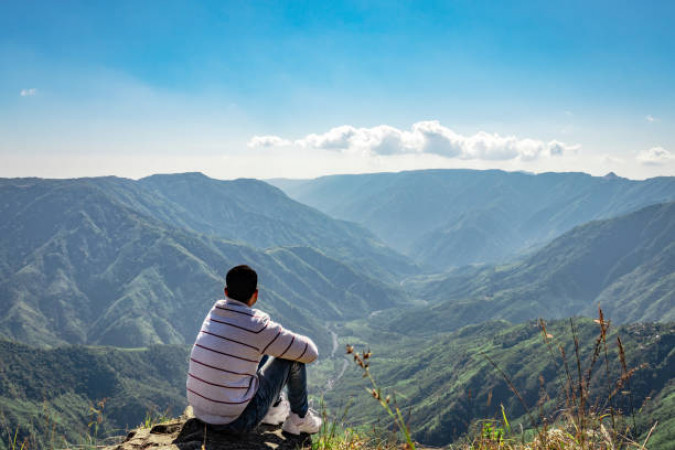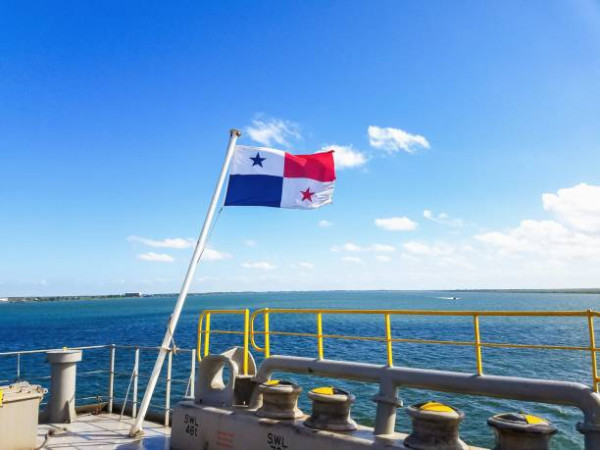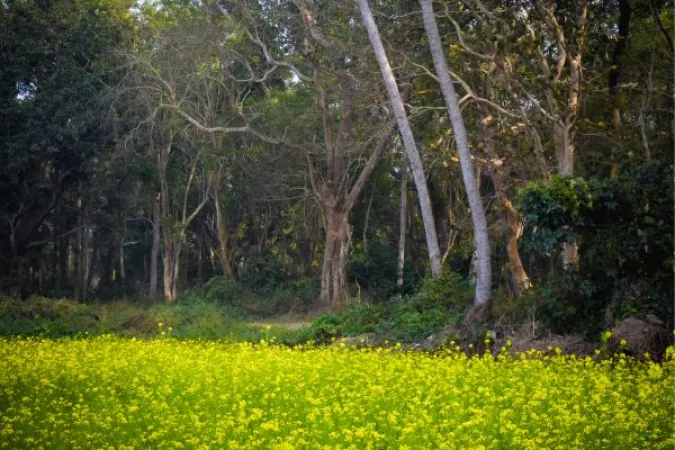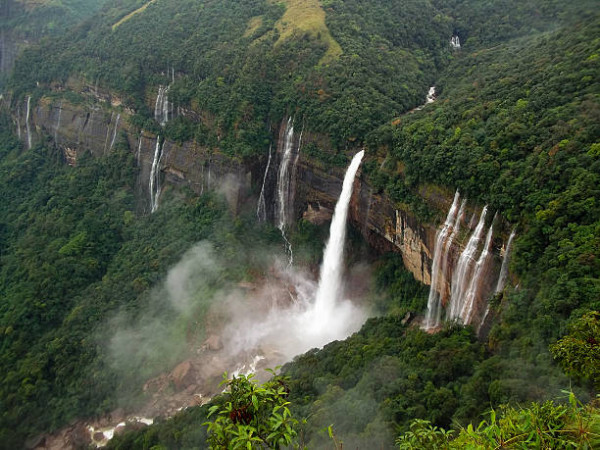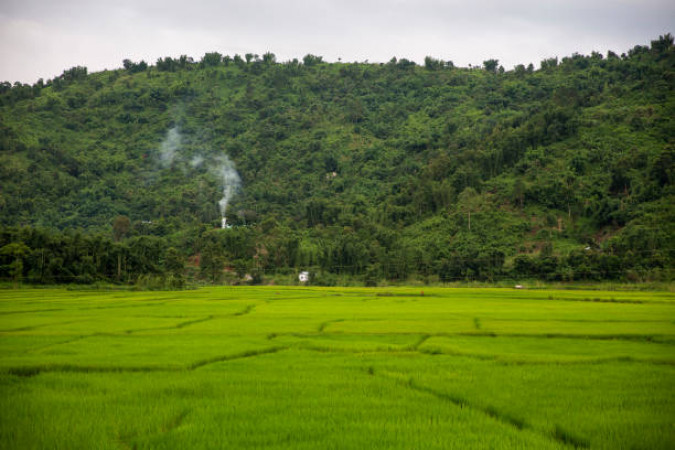Hi User
Navigation
Williamnagar Travel Guide
Williamnagar, located in the northeastern state of Meghalaya, India, is a charming destination known for its rich cultural heritage and natural beauty. The town was named after Captain Williamson A. Sangma, a leader in the region. Williamnagar is famous for its picturesque landscapes, indigenous Garo culture, and vibrant festivals.Top Attractions in Williamnagar
1. Simsang River 2. Siju Caves 3. Nokrek National Park 4. Rongrenggiri Wildlife Sanctuary 5. Adokgre MegalithsWilliamnagar is Famous for
Its vibrant Garo culture and stunning natural landscapes.Top Attractions in Williamnagar
- Simsang River - Siju Caves - Nokrek National Park - Rongrenggiri Wildlife Sanctuary - Adokgre MegalithsWhat's Great about Travelling to Williamnagar?
- Experience the rich Garo culture - Explore the stunning natural beauty - Witness vibrant festivalsWhat's Not So Great about Travelling Williamnagar?
- Limited tourist infrastructure - Remote location may be challenging for some travelers - Limited dining optionsTravel Tips for Williamnagar
- Check visa requirements before traveling - Hire a local guide for a better cultural experience - Respect the local customs and traditionsImportant Williamnagar trip information
- Ideal Duration: 2-3 days
- Best Time to Visit: October to March
- Nearby Airports and Railway Stations: Guwahati Airport and Guwahati Railway Station
Top 6 Places to visit in Williamnagar
Help & Support
Call Us Now
+91-8069145442
FAQ's on Williamnagar
Q1: What is the best time to visit Williamnagar?
The best time to visit Williamnagar is during the winter months from November to February when the weather is pleasant and ideal for exploring the attractions. Avoid the monsoon season from June to September due to heavy rainfall. Tourist seasons peak around festivals like Wangala in November, offering a unique cultural experience.
Q2: Do I need a visa to travel to Williamnagar?
Most visitors to Williamnagar require a tourist visa. However, there may be exceptions for certain nationalities. It's advisable to check with the local embassy or consulate for specific requirements. Ensure your passport is valid for at least six months beyond your intended stay.
Q3: What are the must-visit attractions in Williamnagar?
Williamnagar boasts stunning natural beauty, including Simsang River, Siju Caves, and Balpakram National Park. Don't miss the vibrant local markets for traditional handicrafts and the unique Garo heritage village experiences.
Q4: Is Williamnagar a safe place to travel?
Williamnagar is generally safe for tourists, but it's recommended to stay alert, especially in crowded areas. Avoid isolated areas at night and be cautious of pickpockets in tourist spots. Follow basic safety precautions and respect local customs.
Q5: What is the local currency in Williamnagar and can I use credit cards?
The local currency in Williamnagar is the Indian Rupee (INR). While credit cards are accepted in major hotels and restaurants, it's advisable to carry cash for smaller establishments and local markets. ATMs are available in urban areas.
Q6: What is the local cuisine like in Williamnagar?
offers a diverse culinary experience with Garo tribal cuisine being prominent. Try dishes like bamboo shoot curry, fish preparations, and traditional rice cakes. Vegetarian options are also available. Be open to exploring the unique flavors of the region.
Q7: What transportation options are available in Williamnagar?
Transportation options in Williamnagar include buses, taxis, and auto-rickshaws for local travel. Renting a car with a driver is also a popular choice for exploring nearby attractions. Public transport is limited, so it's advisable to plan your travel in advance.
Q8: Are there any cultural norms or etiquette I should be aware of when visiting Williamnagar?
Respect for local customs is essential in Williamnagar. Avoid wearing revealing clothing, especially in religious sites. Greet people with a polite "Nangno A'ding!" and seek permission before taking photographs, especially in tribal villages. It's customary to remove your shoes before entering homes or temples.
Q9: I am a travel agent. How can I buy travel leads of Williamnagar?
Register yourself as a travel agent at agents.tripclap.com and then you can buy travel leads to Williamnagar once your account is approved. For more details contact our support team at +91-8069186564 or support@tripclap.com
Certified
We accept (more)
Members of
Media Recognition
Trusted Partners
Award
Copyrights © TripClap. All Rights Reserved

